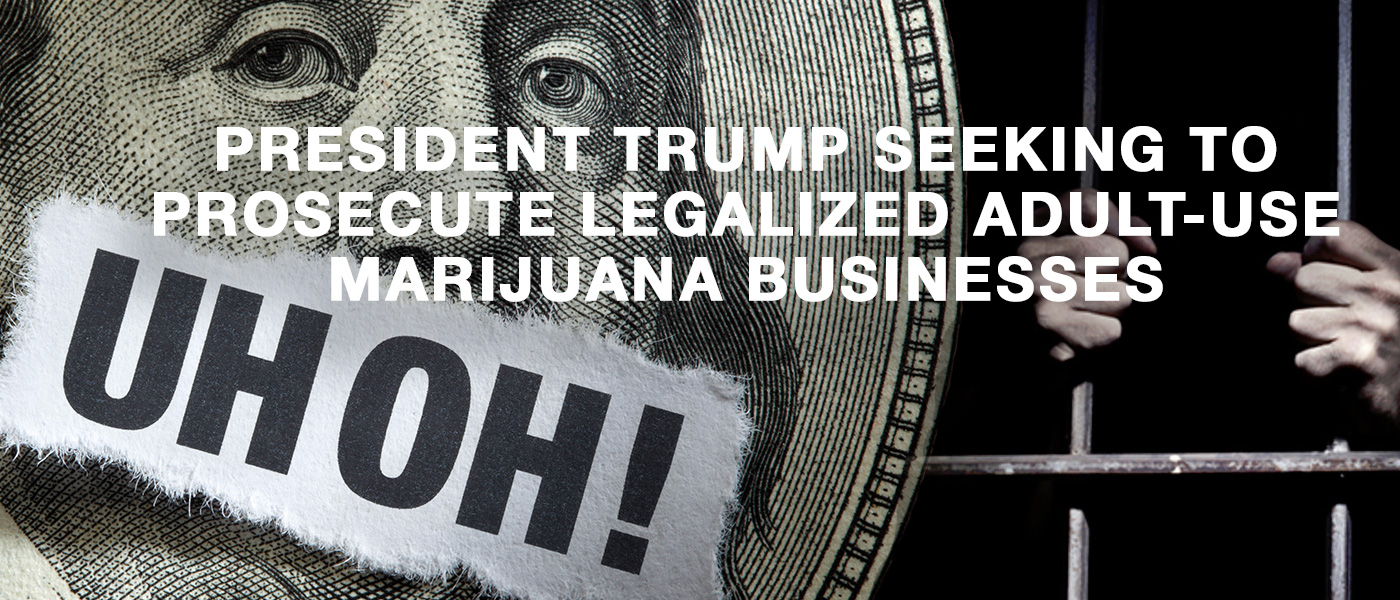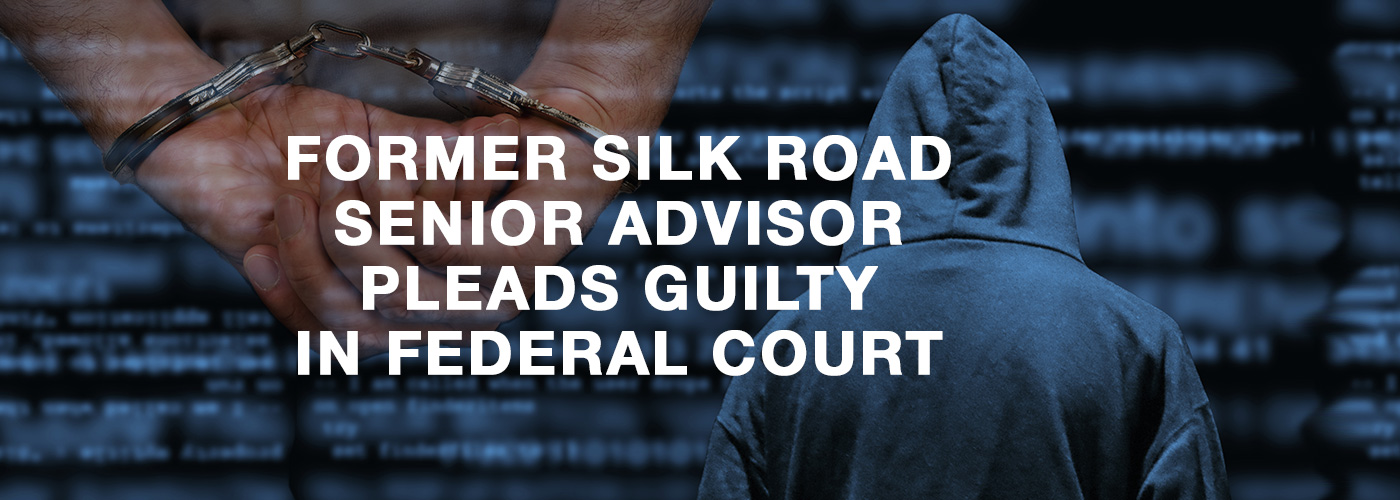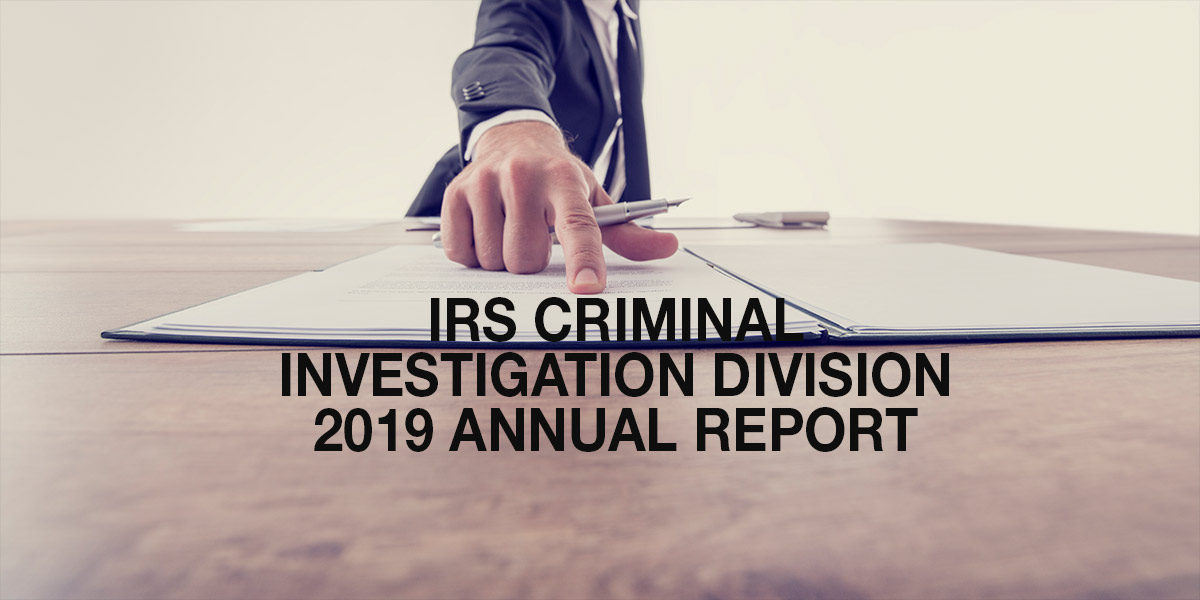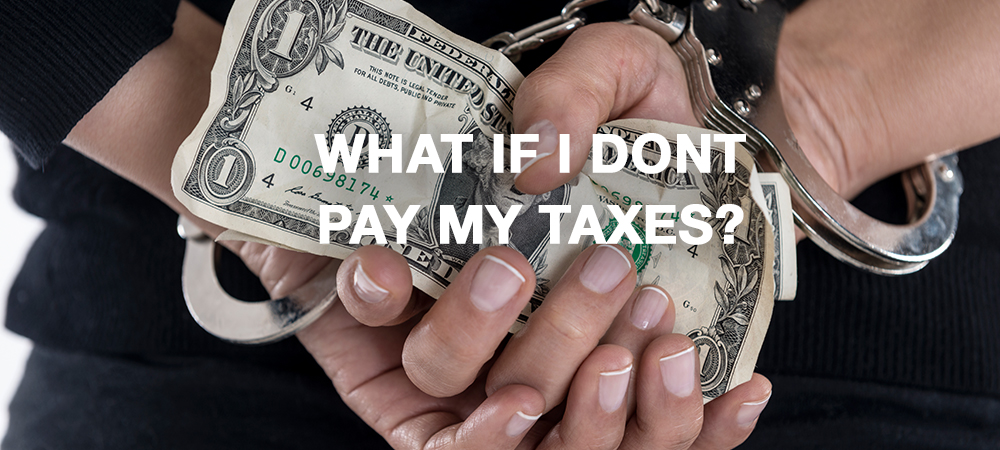U.S. Attorney’s Office Files Charges In Rhode Island Against Two Borrowers Alleging Fraud In Seeking Paycheck Protection Loans
U.S. Attorney’s Office Files Charges In Rhode Island Against Two Borrowers Alleging Fraud In Seeking Paycheck Protection Loans
This is the first case in the nation to be charged with fraudulently seeking CARES Act SBA Paycheck Protection Loans.
The U.S. Attorney’s Office for the District Of Rhode Island announced on May 5, 2020 in a press release that two businessmen have been charged with allegedly filing bank loan applications fraudulently seeking more than a half-million dollars in forgivable loans guaranteed by the Small Business Administration (SBA) under the Coronavirus Aid, Relief, and Economic Security (CARES) Act.
Charges Filed By The U.S. Attorney’s Office
David A. Staveley, aka Kurt D. Sanborn, 52, of Andover, Massachusetts, and David Butziger, 51, of Warwick, Rhode Island, are charged with conspiring to seek forgivable loans guaranteed by the SBA, claiming to have dozens of employees earning wages at four different business entities when, as alleged by prosecutors, there were no employees working for any of the businesses.
Staveley and Butziger are charged by way of a federal criminal complaint with conspiracy to make false statement to influence the SBA and conspiracy to commit bank fraud. Additionally, Staveley is charged with aggravated identity theft. Butziger is charged with bank fraud.
According to court documents unsealed in U.S. District Court in Providence, Rhode Island, the fraudulent loan requests were to pay employees of businesses that were not operating prior to the start of the COVID-19 pandemic and had no salaried employees, or, as in one instance, to pay employees at a business the loan applicant did not own.
Allegedly, Staveley and Butziger discussed via email the creation of fraudulent loan applications and supporting documentations to seek loans guaranteed by the SBA for COVID-19 relief through the Paycheck Protection Program (PPP). It is alleged that Staveley posed as his brother in real estate transactions.
It is alleged that Staveley claimed in loan applications requesting more than $438,500 that he had dozens of employees at three restaurants he owned, two in Warwick, Rhode Island, and one in Berlin, Massachusetts. An investigation determined that one of the Rhode Island restaurants, the former Remington House, and the Massachusetts restaurant, On The Trax, were not open for business prior to the start of the COVID-19 pandemic, at the time the loan applications were submitted, or at any time thereafter. Moreover, Staveley did not own or have any role in the second Rhode Island restaurant, Top of the Bay, for which he was seeking financial relief.
According to court documents, Staveley’s Massachusetts restaurant was closed by March 10, 2020, when the town of Berlin revoked the business’ liquor license for numerous reasons, including that “Sanborn” allegedly misrepresented that his brother owned the restaurant. Investigators obtained information that Staveley/Sanborn allegedly used his brother’s personal identifying information in other real estate transactions as well.
According to court documents, it is alleged that on April 6, 2020, Butziger filed an application seeking a $105,381 SBA loan under the PPP as owner of an unincorporated entity named Dock Wireless. Butziger claimed in documentation filed with the bank and in a telephone call with an FBI undercover agent posing as a bank compliance officer that he had seven full-time employees on Dock Wireless’ payroll, including himself. Butziger falsely represented to the agent that he brought the employees on full-time on January 1, 2020, and laid them off at the end of March. Butziger claimed the employees continued to work without being paid through April 2020, and that he would use SBA PPP funds to pay them.
The Rhode Island State Department of Revenue provided information to the IRS of having no records of employee wages having been paid in 2020 by Butziger or Dock Wireless. Agents interviewed several of the supposed Dock Wireless employees who reported that they never worked for Butziger or Dock Wireless.
Keep in mind that the filing of charges in a federal criminal complaint is merely an accusation. A defendant is presumed innocent unless and until proven guilty.
The CARES Act
The CARES Act is a federal law enacted on March 29, 2020, designed to provide emergency financial assistance to the millions of Americans who are suffering the economic effects caused by the COVID-19 pandemic. One source of relief provided by the CARES Act was the authorization of up to $349 billion in forgivable loans to small businesses for job retention and certain other expenses, through the PPP. In April 2020, Congress authorized over $300 billion in additional PPP funding.
The PPP allows qualifying small-businesses and other organizations to receive loans with a maturity of two years and an interest rate of 1%. PPP loan proceeds must be used by businesses on payroll costs, interest on mortgages, rent, and utilities. The PPP allows the interest and principal to be forgiven if businesses spend the proceeds on these expenses within eight weeks of receipt and use at least 75% of the forgiven amount for payroll.
On April 23, 2020, the SBA issued guidance in the form of an additional FAQ. The guidance, outlined in FAQ 31, reminds borrowers that they “should review carefully the required certification that “[c]urrent economic uncertainty makes this loan request necessary to support the ongoing operations of the Applicant.”
More specifically, FAQ 31 provides:
Question: Do businesses owned by large companies with adequate sources of liquidity to support the business’s ongoing operations qualify for a PPP loan?
Answer: In addition to reviewing applicable affiliation rules to determine eligibility, all borrowers must assess their economic need for a PPP loan under the standard established by the CARES Act and the PPP regulations at the time of the loan application. Although the CARES Act suspends the ordinary requirement that borrowers must be unable to obtain credit elsewhere (as defined in section 3(h) of the Small Business Act), borrowers still must certify in good faith that their PPP loan request is necessary. Specifically, before submitting a PPP application, all borrowers should review carefully the required certification that “[c]urrent economic uncertainty makes this loan request necessary to support the ongoing operations of the Applicant.” Borrowers must make this certification in good faith, taking into account their current business activity and their ability to access other sources of liquidity sufficient to support their ongoing operations in a manner that is not significantly detrimental to the business.
Ramifications for Certifications Not Made in Good Faith
Borrowers that fail to make their certifications in good faith may be subject to civil and criminal penalties. Any borrower who knowingly makes a false statement to obtain forgiveness of an SBA-guaranteed loan is punishable under the law, including 18 USC §§1001 and 3571 by imprisonment of not more than five years and/or a fine of up to $250,000; under 15 USC §645 by imprisonment of not more than two years and/or a fine of not more than $5,000; and, if submitted to a Federally insured institution, under 18 USC §1014 by imprisonment of not more than thirty years and/or a fine of not more than $1,000,000. The Federal District Courts could expect to see more of these cases as the SBA and U.S. Treasury audits any borrower that has received over $2 million in PPP loan proceeds and conducts spot checks for smaller loans.
What Should You Do?
Whether you are looking to legally optimize the disbursement of your PPP Loan proceeds to assure loan forgiveness or defending charges of certification not made in good faith, it is important that you seek legal counsel as soon as possible to preserve your rights and/or mitigate your losses. The tax attorneys of the Law Offices Of Jeffrey B. Kahn, P.C. located in Orange County (Irvine), San Francisco Bay Area (including San Jose and Walnut Creek) and elsewhere in California know exactly what to say and how to handle issues with Federal agencies including the SBA, U.S. Treasury and the IRS. Our experience and expertise not only level the playing field but also puts you in the driver’s seat as we take full control of resolving your tax problems. Also, if you are involved in cannabis, check out what our cannabis tax attorney can do for you. Additionally, if you are involved in crypto currency, check out what a bitcoin tax attorney can do for you.











 Follow
Follow Follow
Follow